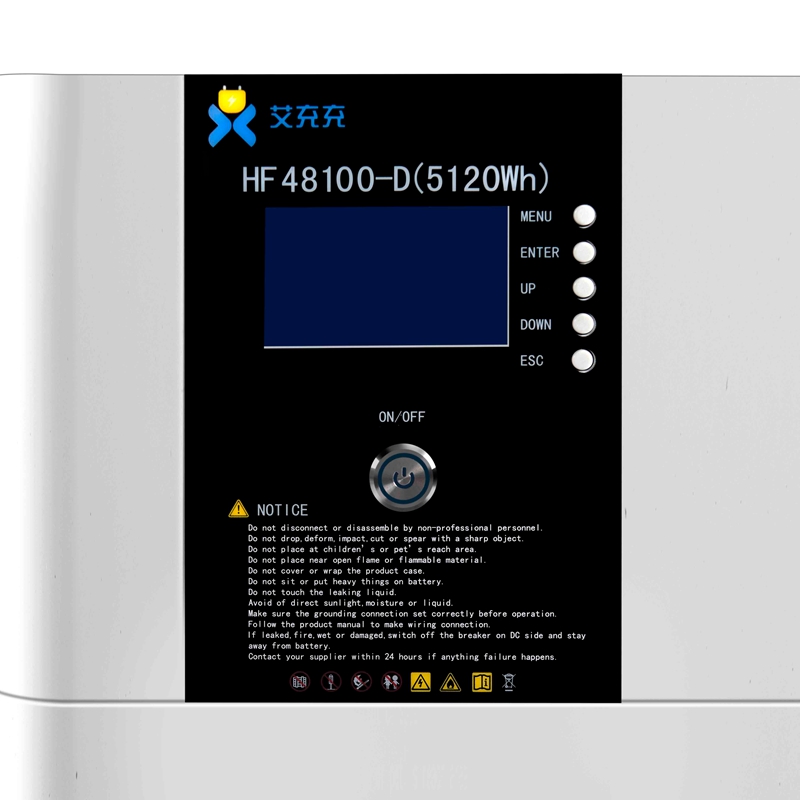
Nov . 01, 2024 08:10 Back to list
Emerging Companies in Iron Phosphate Battery Technology for Sustainable Energy Solutions
Iron phosphate batteries, also known as Lithium Iron Phosphate (LiFePO4) batteries, have gained significant traction in recent years due to their safety, longevity, and environmental benefits. Unlike traditional lithium-ion batteries, which may pose safety risks due to thermal runaway, iron phosphate batteries are renowned for their thermal stability and robust chemical properties. This makes them an ideal choice for various applications, including electric vehicles (EVs), renewable energy storage systems, and portable electronics.
Several companies have emerged as leaders in the development and production of iron phosphate batteries. One notable player is A123 Systems, which has positioned itself at the forefront of battery technology with a focus on lithium iron phosphate solutions. Founded in 2001, A123 has developed a range of high-performance batteries that cater to automotive, commercial, and renewable energy sectors. Their commitment to innovation and efficiency has made them a significant contributor to the growing demand for sustainable energy solutions.
Another key company in this sector is BYD, a Chinese automotive and electronics manufacturer that has integrated lithium iron phosphate technology into its electric vehicle lineup. BYD’s focus on iron phosphate batteries is driven by their desire to create safer and more efficient energy storage systems. Their EVs featuring LiFePO4 batteries offer extended lifespans and reduced environmental impact, aligning with global trends toward cleaner transportation solutions.
iron phosphate battery companies

Additionally, CATL (Contemporary Amperex Technology Co., Limited) has emerged as a major force in the lithium battery market. Known for its innovative research and development, CATL produces iron phosphate batteries that are widely used in electric vehicles and energy storage systems. Their advanced manufacturing processes and commitment to sustainability have solidified their reputation as one of the world’s leading battery producers.
Furthermore, several start-ups and emerging companies are entering the iron phosphate battery market, recognizing its growth potential
. These companies often focus on specialized applications, such as grid energy storage and off-grid solar energy systems, where the enhanced safety and long cycle life of LiFePO4 batteries are particularly advantageous.In conclusion, the landscape of iron phosphate battery companies is diverse and rapidly evolving. With established players like A123 Systems, BYD, and CATL leading the charge, alongside emerging innovators, the future of lithium iron phosphate technology looks promising. As the demand for sustainable energy solutions continues to rise, these companies are well-positioned to contribute to a greener and more efficient energy landscape, driving the transition towards renewable sources and eco-friendly technologies.
-
Advanced AI Energy Management with GPT-4 Turbo
NewsAug.02,2025
-
AI-Powered EMS with GPT-4-Turbo | Efficiency Boost
NewsAug.01,2025
-
Optimized Storage System for GPT-4-Turbo | High Performance
NewsJul.31,2025
-
AI Energy Management System w/ GPT-4 Turbo Efficiency
NewsJul.31,2025
-
High-Performance Energy Storage System for Reliable Power Solutions
NewsJul.30,2025
-
Advanced EMS Solutions for Energy Management System & Storage Battery Companies
NewsJul.29,2025























